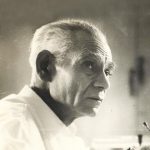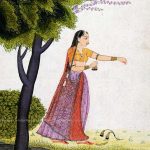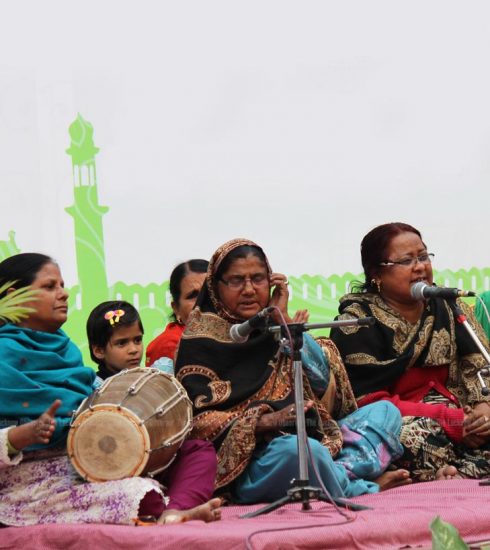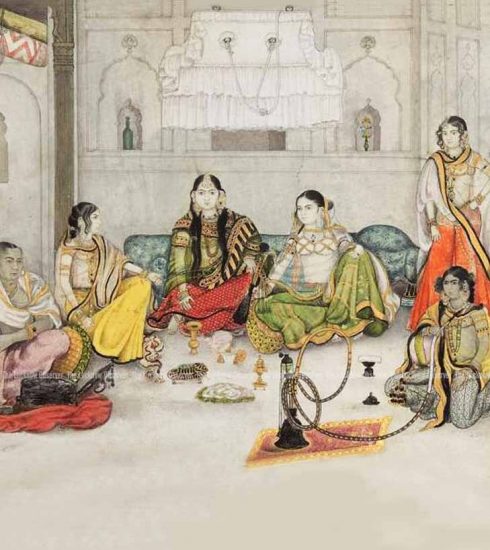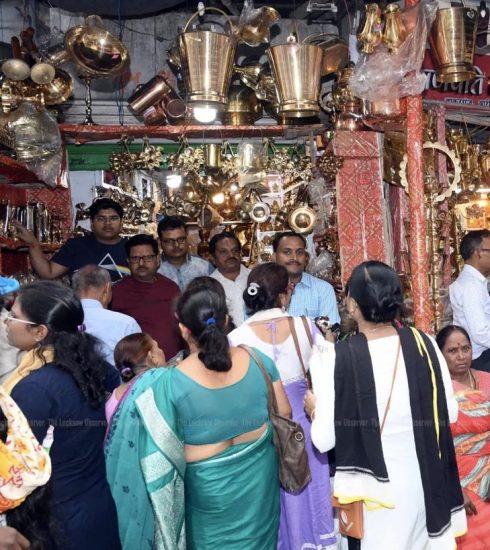Gorgeous Ghararas of Lucknow
Nishita Banerjee on the making of a chattapati gharara
Lucknow has been a hub of high culture and tradition for long. Amongst other traditions, the city is famous for donning the flared and elegant looking gharara for which trousers is a poor translation.
The colourful ghararas are made in many different ways and one of the most stunning looking gharara is in the chattapati style. It became fashionable to dress in a gharara in Lucknow in the 19th century, under the rule of Nasiruddin Haidar, the eighth Nawab of Avadh. Ever since, the gharara has been a formal form of dress worn mostly by elite women in the region. It is still worn with a thigh length tunic and a dupatta, or shawl in matching colours and over time is worn also by ordinary women but without the rich embellishments of course!
The popular chattapati style gharara is the most attractive looking and its making involves great emphasis on intricate detail in its sewing. On the way from the Gol Darwaza to Akbari Gate in the old city it is possible to meet Mohammad Naseem Sahab who has half a century of experience in having made thousands of gorgeous ghararas. The chattapati gharara is made from eight meters of cloth that is first cut into many strips. The different pieces of cloth are then stitched together to form beautiful patterns and designs in rainbow colours. The stitching together of these small pieces is extremely time-consuming, involving a lot of time and skill. Often, the patterns in a chattapati gharara are combined with muqqaish embroidery to give it a rich and a more glamorous look.
Ghararas are often seen worn at a Muslim wedding but because of the wide popularity of the dress, some like to wear them on all special occasions as well.
When silk and satin is not used, it is also possible to don the gharara in colourful cottons on any day, or occasion.
So go for a chattapati gharara and flaunt your indigenous fashion whenever you fancy.





